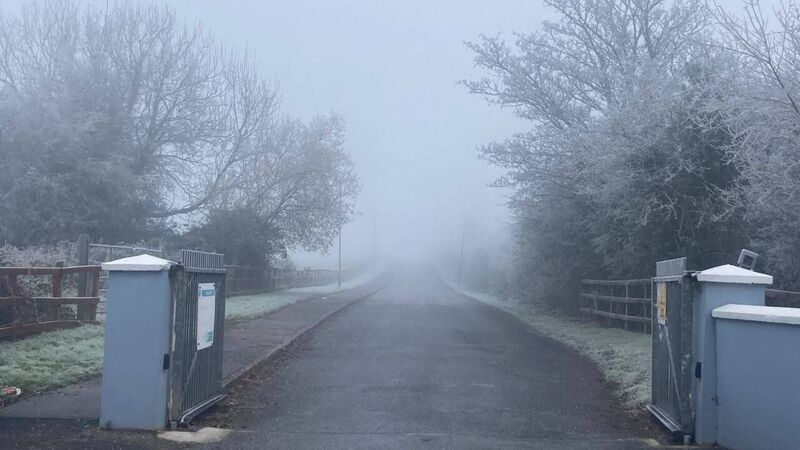Joyce Fegan: Protests about refugees ring hauntingly hollow

There are currently 88 men living in tents in Clare in sub-zero temperatures. Picture: David Raleigh
I walk out my front door and there is no visible unrest, no obvious division, and no sign of discord.
There are parents racing kids to school on foot, younger siblings traipsing downwind.















